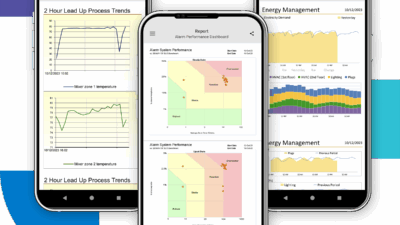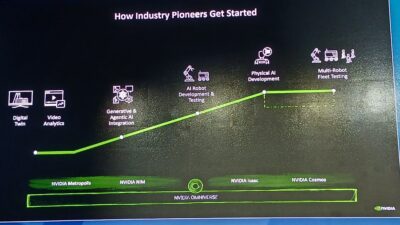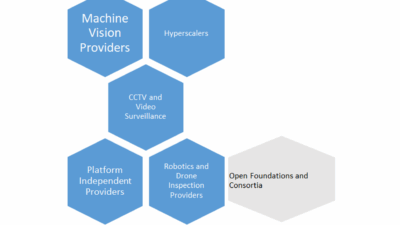Generative AI is reshaping the industrial world — from streamlining productivity and enhancing predictive maintenance to enabling faster, data-driven decision making. But as with any major shift, it comes with questions around trust, ethics, data security and privacy. Mark Derbecker, chief product officer at Seeq, recently shared his perspective on both the promise and the pitfalls of gen AI in industrial environments.
“There’s a sort of brain drain happening in industrials,” Derbecker explained. “Knowledge walking out the door, folks retiring … that have been with companies 30, 40 years even. … A lot of what is often referred to as tribal knowledge.”
He emphasized that gen AI is exceptionally good at looking at a corpus of documentation and then answering a question about it. From there, it can iterate with you to answer more questions.
Shortening time to value
One of gen AI’s biggest advantages, Derbecker said, is its ability to shorten your time to value and increase productivity by doing things on your behalf. As a software engineer, he noted, “These days when I am trying to do software code … I really am mostly asking the AI to do something on my behalf.”
That same utility applies across other industrial roles. “Now, are you going to let your AI go off and turn a valve on your behalf? Probably not,” he admitted. “But it can make suggestions and back up those suggestions with data and insights. … You can verify and validate its thought processes.”
Seeq’s platform, for example, is helping companies apply gen AI for real-world gains. “We have several customers that are using generative AI to create monthly reports, to do comparisons between shifts, all sort of at the speed of the thought process that a subject matter expert might have.”
Security concerns of gen AI
Still, security remains top of mind. “Immediately after [ChatGPT’s release], there was concern,” said Derbecker. “How are they training them? Are they training them on our data?” He pointed to technologies like retrieval-augmented generation (RAG) as key to helping mitigate some of the security and data privacy concerns that come with any AI platform.
As the technology matures, Derbecker believes customers will expect that there are very few hallucinations and very little bias. At that point, they can start to trust the results.



